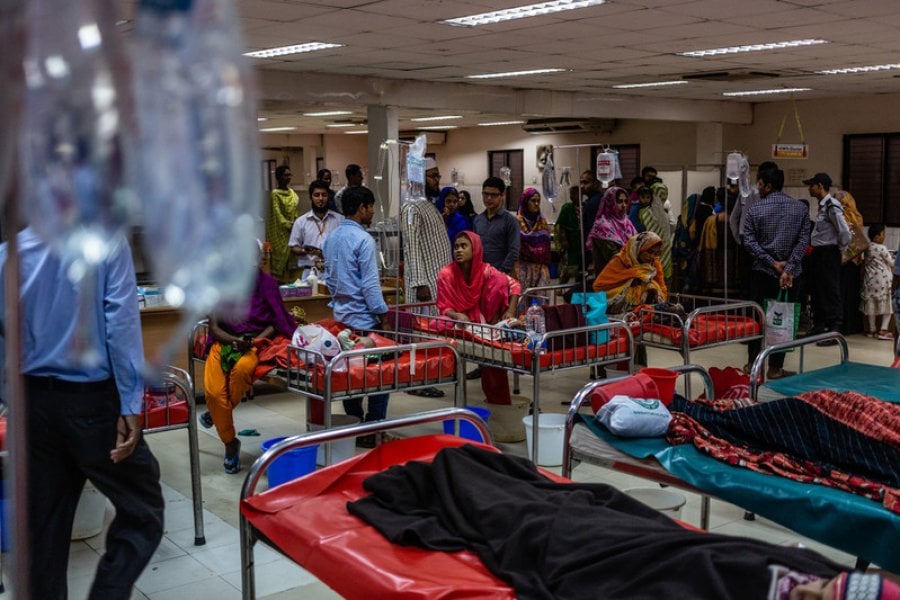
Researcher in climate resilient health systems
It’s abundantly clear that a new era of public health is required to contend with the realities of climate change. Part of this new era is a health care system primed to deal with impacts of climate and environmental change, accounting for those most vulnerable.
At COP26, more than 50 countries committed to climate-resilient health systems and 14 to net zero health care systems - championing the need for rapid decarbonisation in the health care sector. Although this is a positive step for reducing the health sector’s carbon footprint, there are unanswered questions on what climate-resilient health systems look like in practice. Net zero is important, but it is only one piece of the puzzle.
The concept of adaptation, adjustments that tackle the effects of climate change – must be considered alongside the push for net zero health care. Adaptation is critical for protecting the health and livelihoods of communities who are already feeling and will continue to feel the effects of climate change.
A changing climate is and will continue to be damaging for people’s health and the health sector cannot only seek to reduce its causes. We must build more adequate systems to deal with the impacts too – true resilience.
To manifest this balance of mitigation and adaptation and build resilient health systems, we need robust evidence delivered through health policy and systems research. Decision makers and civil society stakeholders can use the evidence to transform entire systems sustainably and equitably – not just in one function area.
A deeper focus on building climate-resilient health systems is needed for COP27 as well as practical evidence on how policymakers can implement actions. We need to define what is meant by climate resilience and understand how it can be measured. Governments must deeply consider low and middle-income settings where health care structures are particularly vulnerable to climate change.
Stronger links between health systems research, governments, and the climate community will be critical to broaden the view beyond decarbonisation and achieve truly climate-resilient health care.
LSHTM researchers are seeking knowledge and collaborations in climate-resilient health systems. If you are interested in joining, please get in touch with us via planetaryhealth@lshtm.ac.uk.
Our postgraduate taught courses provide health practitioners, clinicians, policy-makers, scientists and recent graduates with a world-class qualification in public and global health.
If you are coming to LSHTM to study a distance learning programme (PG Cert, PG Dip, MSc or individual modules) starting in 2024, you may be eligible for a 5% discount on your tuition fees.
These fee reduction schemes are available for a limited time only.
